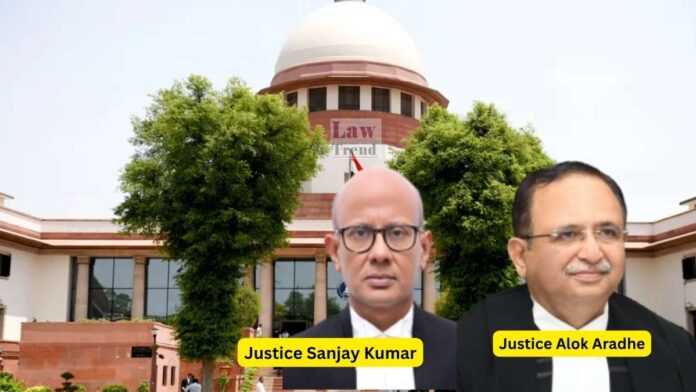The Supreme Court has set aside a judgment of the Bombay High Court that had rejected a civil suit under Order VII Rule 11 of the Code of Civil Procedure, 1908 (CPC) on the grounds of limitation. The Apex Court reiterated the settled position that the issue of limitation is a mixed question of law
To Read More Please Subscribe to VIP Membership for Unlimited Access to All the Articles, Download Available Copies of Judgments/Order, Acess to Central/State Bare Acts, Advertisement Free Content, Access to More than 4000 Legal Drafts( Readymade Editable Formats of Suits, Petitions, Writs, Legal Notices, Divorce Petitions, 138 Notices, Bail Applications etc.) in Hindi and English.




